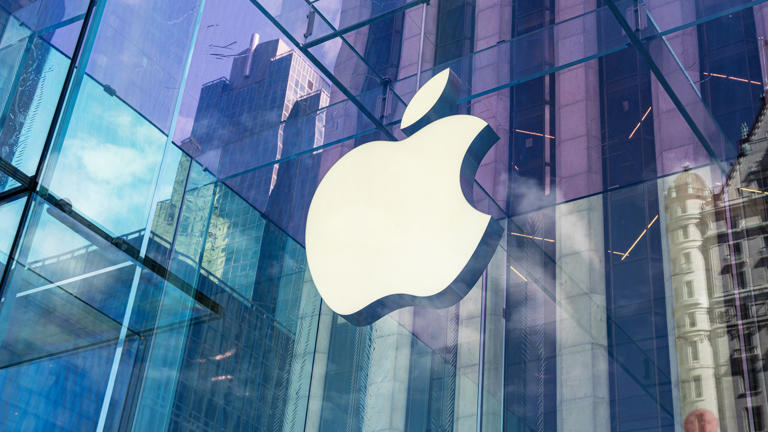Over the past decade or more, Apple investors have enjoyed significant returns. According to Apple’s Q1 earnings report for 2024, company revenue has increased by 3%, while quarterly earnings per diluted share have risen by 16% year-over-year. But what if you had invested $1,000 over a decade ago?
On March 9, 2012, Apple announced plans to reinstate its dividend. The day after, shares traded for around $600 each. If your broker permitted the purchase of fractional shares at that time, you could have bought one and two-thirds shares for $1,000. Since then, Apple has split its stock twice: 7-for-1 in 2014 and 4-for-1 in 2020. As a result, you would now have 46 and two-thirds shares from the original $1,000 investment. Today, those shares would be valued at $8,700.
However, if you reinvested your $361.65 in dividend payments over the past 14 years, you would now have 55 shares worth approximately $10,300, according to The Motley Fool.
Is it Too Late To Invest In Apple?
Even if you didn’t invest in Apple back in 2012, there’s still potential to benefit from the company’s growth.
While Apple stock has seen a decline this year due to weak iPhone sales, there’s anticipation for a sales boost later in the year with the release of the iPhone 16, as noted by The Fool. Recent reports from Investor’s Business Daily indicate that two segments—services and wearables—have been contributing to Apple’s sales and profits. In December, Apple’s services revenue grew by 11% to $23.1 billion, while hardware sales reached $96.5 billion. Apple’s services encompass various offerings such as the App Store, AppleCare, iCloud, Apple Pay, Apple Music, Apple TV+, Apple Arcade, and more.
Furthermore, Apple remains cash-rich with modest debt. With a market capitalization just under $3 trillion, Apple stands as the most profitable company globally. Despite its net income of $97 billion in the last fiscal year, Apple holds over $60 billion in cash or highly liquid cash-like holdings. Regarding debt, the company holds less than $100 billion in long-term debt and $49 billion in other long-term liabilities—a substantial but manageable amount for a company of Apple’s size.
The evolving business model of Apple is transitioning from a device-focused approach to a more cultural and solutions-oriented one, as highlighted by The Fool. Apple is expanding its digital ecosystem, driving sales in both hardware and software. This shift could potentially boost growth in its services division.
Moreover, investing in Apple carries the weight of its brand recognition and loyal customer base. Despite short-term declines, Apple has cultivated one of the most devoted fanbases globally over decades, suggesting that its customer base is unlikely to disappear overnight.
